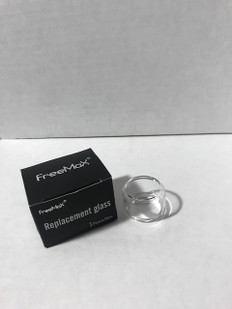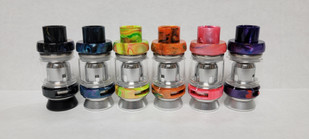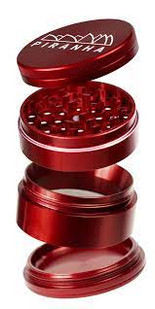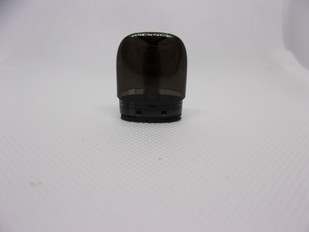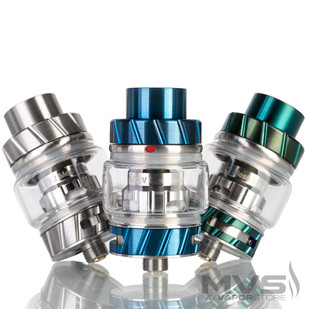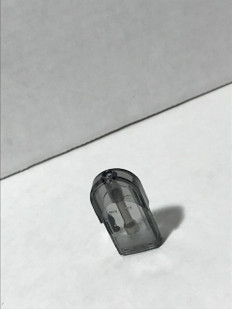- Home
- The Vape Mall Blog
- Why’re More CBD Users Choosing Organic CBD?
Why’re More CBD Users Choosing Organic CBD?
Posted by on
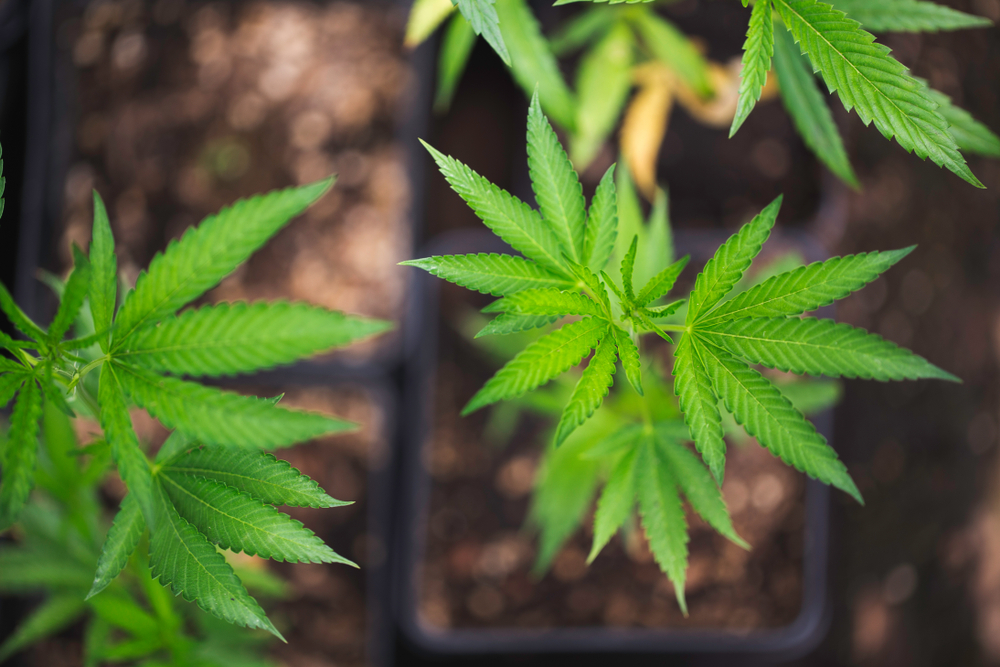
More hemp enthusiasts are studying the plant in order to better understand its properties, characteristics, and uses. As a result, we’re seeing that CBD users are more particular about the products that they choose than ever before, being highly discerning when it comes to certain aspects of the ways in which the products are made. Most notably, we’re finding that a lot of cannabidiol enthusiasts are opting for “organic” CBD over its conventional counterpart.
Many people equate organic with being better, but they aren’t quite sure of the unique aspects of organic plants that make them potentially superior to conventionally grown ones.
What is Organic CBD?
Organic CBD is technically organic hemp, because CBD is simply a compound found in the industrial hemp plant. Therefore, CBD itself can’t be “grown” organically. But these terms are often used interchangeably for understandable reasons, as most people use the word “CBD” when talking about the hemp plant as a whole, as it’s the most dominant and popular compounds in the plant material.
Organic hemp is hemp that has been grown using organic means rather than conventional means. In order for hemp to be considered organic, it must receive a USDA (United States Department of Agriculture) certification, which comes from applying for one and proving that the hemp is grown based on the criteria provided for organic farming. This certification means that the crops have been deemed by the USDA to be organic, and so the farm can legally advertise their crops as such.
Organic Industrial Hemp Farms: How They Differ from Conventional Ones
So, what makes organic hemp different from conventional hemp? Well, there are certain factors that must be at work in order for a farmer to receive this USDA approval. One major one is that the hemp cannot be grown with any chemical-based products, including synthetic pesticides, herbicides and fertilizers. In fact, the soil of a farm trying to get approved for a certificate must prove that none of these substances have been used for three years, as they can linger in the soul for a long time and creep into the crops in trace amounts. Further, no genetic engineering is allowed in organic farming.
In a nutshell, organic farming revolves around using natural means for every aspect of the farming process, in order to completely avoid the use of synthetic chemicals.
Possible Benefits of Going with Hemp That’s Organic
So, how can organic hemp benefit you, as opposed to conventional hemp?
Well, for one thing, organic hemp, as we said earlier, is not grown with synthetic chemicals. A lot of farms rely on synthetic materials such as pesticides and fertilizers made with chemical additives in order to boost production and minimize crop damage. The problem is that many of these products are known to contain toxic substances which some argue are ultimately harmful to human health.
Because organic hemp is not grown with these ingredients, it may be safer. And, it results in a purer product as well. Trace substances of these chemicals end up in the final product, which interferes with the purity level of the hemp that you’re consuming daily.
It’s interesting to note that the hemp plant is known for absorbing surrounding compounds in a very efficient manner compared to other plants. For instance, if there happens to be pesticides used nearby the hemp crops, the hemp is very likely to absorb them even though they have not been directly applied to the hemp itself. This is why CBD companies often choose to source their hemp from completely organic farms.
Furthermore, some argue that hemp that’s grown conventionally ends up with a less chemically stable chemical composition, as these chemicals may leech away nutrients and other levels of compounds that are deemed as beneficial. In other words, organic hemp is more likely to have fully bioavailable and abundant chemical compounds that are useful to the body.
How to Know Whether or Not You’re Using Organic Hemp
Now that you know about how organic hemp is likely a more desirable choice, you might be wondering how you can know whether or not the product you wish to buy contains organic hemp. Well, the first thing that we recommend is that you look at the company’s website. Here, you may find that a company says that they use organic hemp. Note that in order for a CBD company to claim organic status, they must have an official certificate from the USDA. If this is not available on the website, we recommend contacting the company yourself via their customer service page.
Some CBD products have a USDA stamp on them, which indicates that the entire formula is organic. Of course, many argue that all ingredients in a hemp formula should be organic, and a lot of companies adhere to this.
Ultimately, the trend is leaning toward organic throughout the CBD industry, so these days, you’re very likely to find organic hemp goods compared to nonorganic ones. Most reputable companies know fully well that organic hemp is likely to be superior, and so they use it exclusively, because they want their products to be as high in quality, pure and effective as possible. This is good news, because it means that customers have a wide range of organic hemp products to choose from that they can incorporate into their daily routine. Therefore, you will not struggle to find the ideal addition to your hemp regimen if you prefer organic hemp.
Organic Hemp Really Does Have A Lot to Offer
As you can see, there’s quite a good argument for going with organic hemp whenever possible. Hemp that is grown organically is less likely to have been exposed to toxins and is probably more useful when it absorbs into the body. At The Vape Mall, we offer plenty of high-quality organic hemp goods in various delivery methods, strengths and formulas.
Disclaimer: As with anything, consult with your medical professional before beginning any routine, dietary or otherwise. The information on this site is not intended to represent medical advice in any form.
 Loading... Please wait...
Loading... Please wait...



